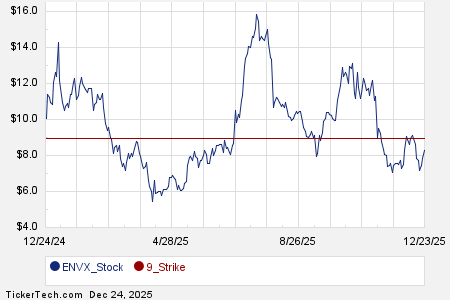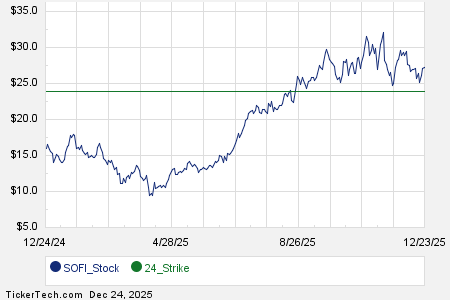Significant Social Security Adjustments Ahead for 2025
Many changes are happening to Social Security in 2025. Retirees are getting a cost-of-living adjustment, and those who are under full retirement age can earn a bit more from work without losing their benefits. Higher earners will also pay Social Security taxes on a larger portion of their income, while qualifying for work credits will require slightly more earnings as well.
All of these adjustments are built into the Social Security system and happen automatically. This is essential because prices and wages rise over time; without these adjustments, Social Security would become ineffective. Picture this scenario: if benefits remained unchanged for 30 years while inflation surged, retirees would struggle.

Image source: Getty Images.
Current Tax Rules Persist, Causing Financial Strain for Retirees
While many elements of Social Security adjust annually for inflation, the tax rules that affect retirees’ benefits have not changed since their implementation decades ago. Social Security benefits were entirely tax-free until 1983. That year, amendments allowed up to 50% of benefits to be taxed for individuals with provisional incomes of $25,000 and couples with $32,000.
Provisional income consists of half of Social Security benefits plus all taxable and some non-taxable income. In 1993, a second tier was introduced, enabling up to 85% of benefits to be taxed for individuals earning $34,000 and couples earning $44,000 in provisional income.
When these taxes were introduced, they only impacted fewer than 10% of households. Today, nearly half of all households face this tax, according to the Senior Citizens League. This number is likely to rise in the coming years.
Is It Time to Update the Tax Rules?
With an increasing number of retirees facing taxes on their benefits, many argue that the income thresholds for taxation should be adjusted for inflation, similar to other aspects of Social Security benefits. If benefits and earnings limits rise with inflation, shouldn’t the thresholds for taxable benefits increase as well?
However, lawmakers did not include such updates in the law. This decision could indicate a desire for more households to contribute taxes to fund Social Security. The program is expected to face significant funding challenges in the coming decades, and without taxes on benefits, the financial situation could worsen.
Given these challenges, lawmakers are unlikely to reduce the number of taxable benefits, maintaining the tax thresholds set in the 1980s and 1990s for at least another year. Consequently, more retirees will lose a portion of their benefits, which are already inadequate. Seniors should remain aware of these tax implications as they prepare for their financial futures.
Unlock A $22,924 Social Security Bonus That Many Retirees Overlook
If you’re like many Americans, you may be falling short on your retirement savings. However, there are lesser-known “Social Security secrets” that could significantly enhance your retirement income. One simple strategy could yield as much as $22,924 more each year! By learning how to optimize your Social Security benefits, you can retire with greater confidence and peace of mind. Click here to find out more about these strategies.
View the “Social Security secrets” »
The Motley Fool has a disclosure policy.
The views and opinions expressed herein are those of the author and do not necessarily reflect those of Nasdaq, Inc.







